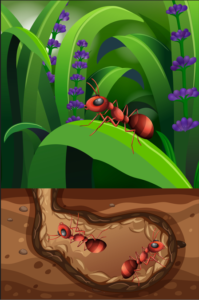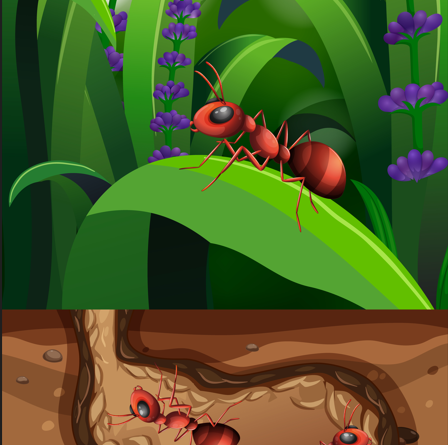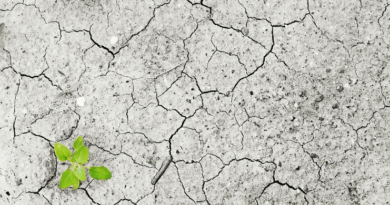What Do Ants Do for the Environment 2024?
Introduction
Aunts are tiny creatures. All know about them. However, Aunts play an essential role in the ecosystem. Aunts contribute to the health and balance of our environment. This article explores the exciting world of ants and how they benefit our environment.

The Diversity of Ant Species
Ants come in many types, with over 12,000 known species worldwide. This diversity allows them to adapt to various environmental conditions, making them nearly ubiquitous in ecosystems worldwide.
Ants are often called ecosystem engineers because they can significantly alter their surroundings. They build intricate underground tunnels and nests, enhancing soil aeration and water filtration. These modifications benefit the ecosystem’s health by improving soil structure and nutrient cycling.
Seed Dispersal
Ants play a crucial role in seed dispersal. Some plants have evolved to depend on ants to distribute their seeds. These plants produce seeds with nutrient-rich appendages called elaiosomes, which attract ants. The ants carry these seeds back to their nests, consume the elaiosomes, and discard them in nutrient-rich locations, promoting plant growth.
Decomposers and Detritivores
Ants are effective decomposers and detritivores. They help break down dead insects, plants, and other organic matter, returning essential nutrients to the soil. This decomposition process enriches the soil, fostering the growth of new vegetation and supporting other organisms in the food chain.
Pest Control
They eat bugs, such as insects, that can damage plants and crops. This means we don’t need any chemical pesticides to kill insects.
Nutrient Cycling.
Ants’ activities contribute to nutrient cycling in the environment. They move materials, such as leaf litter and dead insects, into their nests, where these organic materials break down. This process releases nutrients into the ecosystem, benefiting plant growth and overall health.
Pollination
While ants are not the primary pollinators like bees and butterflies, they play a minor pollination role. Some ant species visit flowers in search of nectar. As they go from one flower to another, they accidentally carry pollen, helping plants get fertilized.
Conclusion
Even though ants are tiny, they do a lot for the environment. These industrious insects are vital for maintaining ecological balance, from being ecosystem engineers to aiding in seed dispersal, pest control, and nutrient cycling. So, the next time you see ants marching in your garden, remember their valuable role in preserving our environment.
FAQs
Q. Are all ants beneficial for the environment?
Ans. Not all ants are equally helpful. Some invasive ant species can disrupt local ecosystems and harm native species. Managing and controlling invasive ant populations is essential while preserving native ant species.
Q. Do ants have any negative impacts on the environment?
Ans. Sometimes, ants can be pests, too. For example, fire ants and certain other types can harm crops and nature. Effective pest management is crucial in such situations.
Q. Can ants be used for sustainable agriculture?
Ans. Yes, ants can be utilized in sustainable agriculture practices, such as integrated pest management. They can reduce the reliance on chemical pesticides and promote healthier ecosystems in agricultural landscapes.
Q. How can I attract beneficial ants to my garden?
Ans. Provide suitable habitats like logs, rocks, or nest boxes to attract helpful ants. Avoid using chemical pesticides that can harm these insects. Additionally, plant native flowers to provide a food source.
Q. Are ants essential for human survival?
Ans. While ants directly impact the environment, their role indirectly affects human survival by maintaining healthy ecosystems. This helps ensure clean water, good soil, and enough food.
For More Articles visit : Home Page




